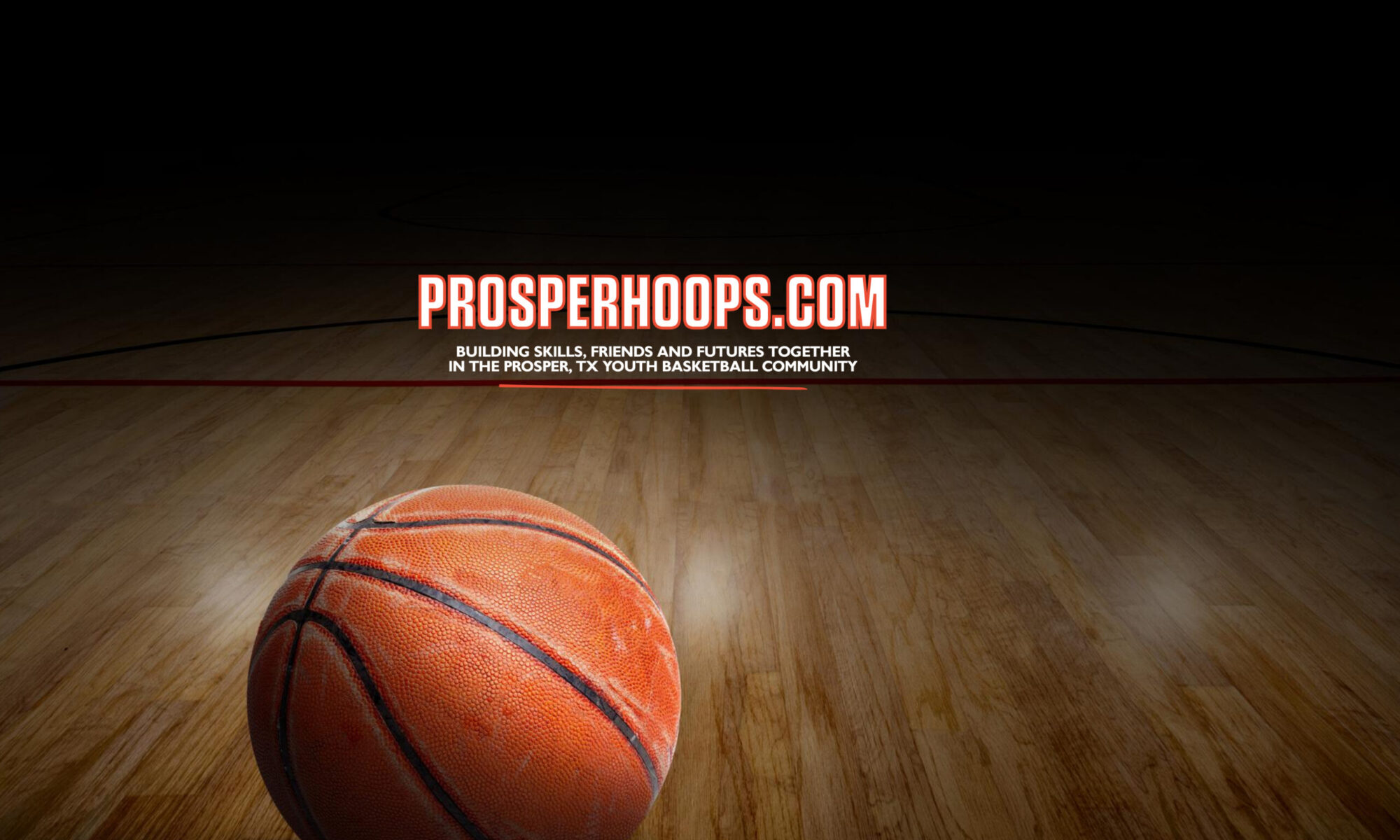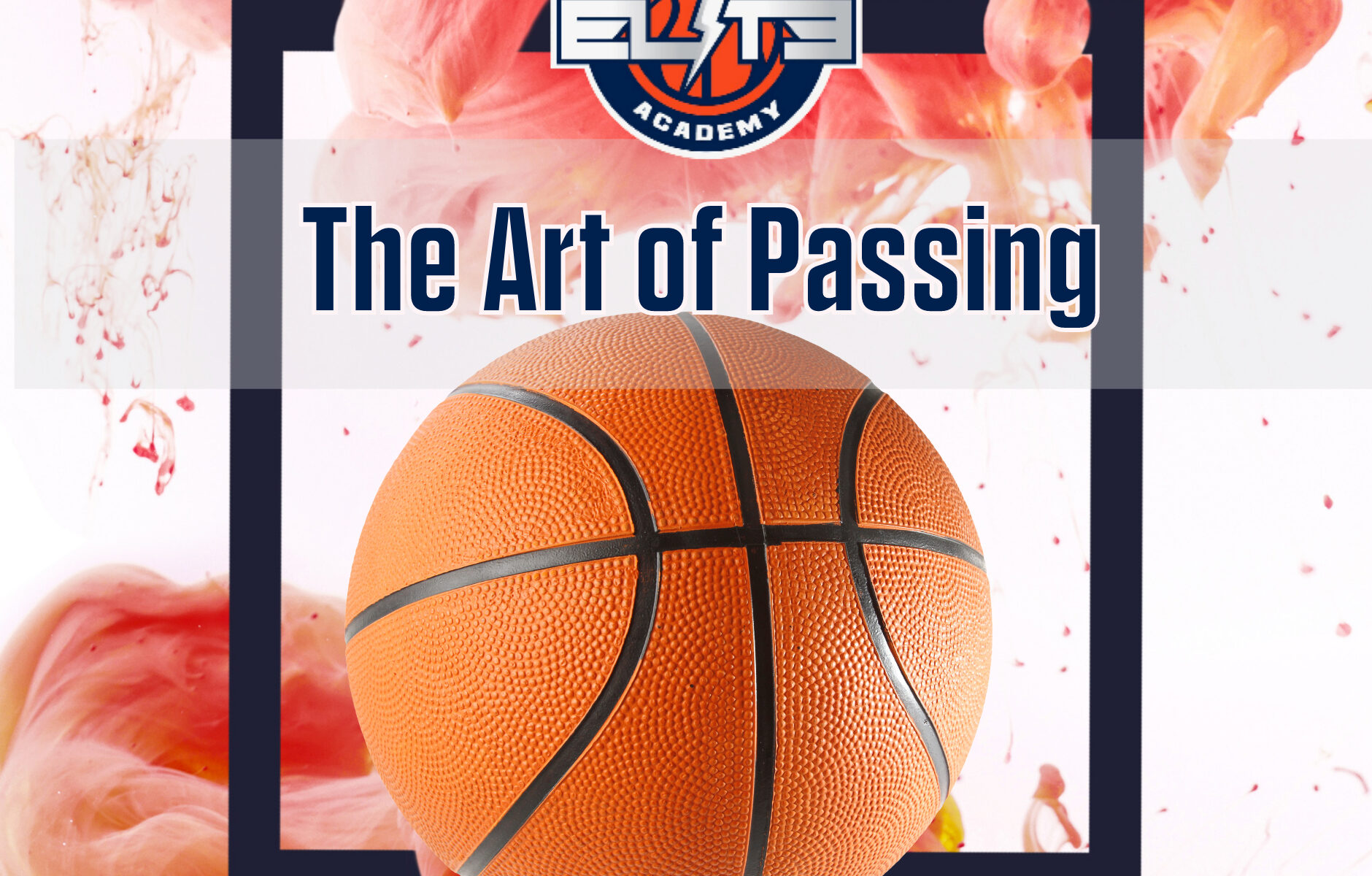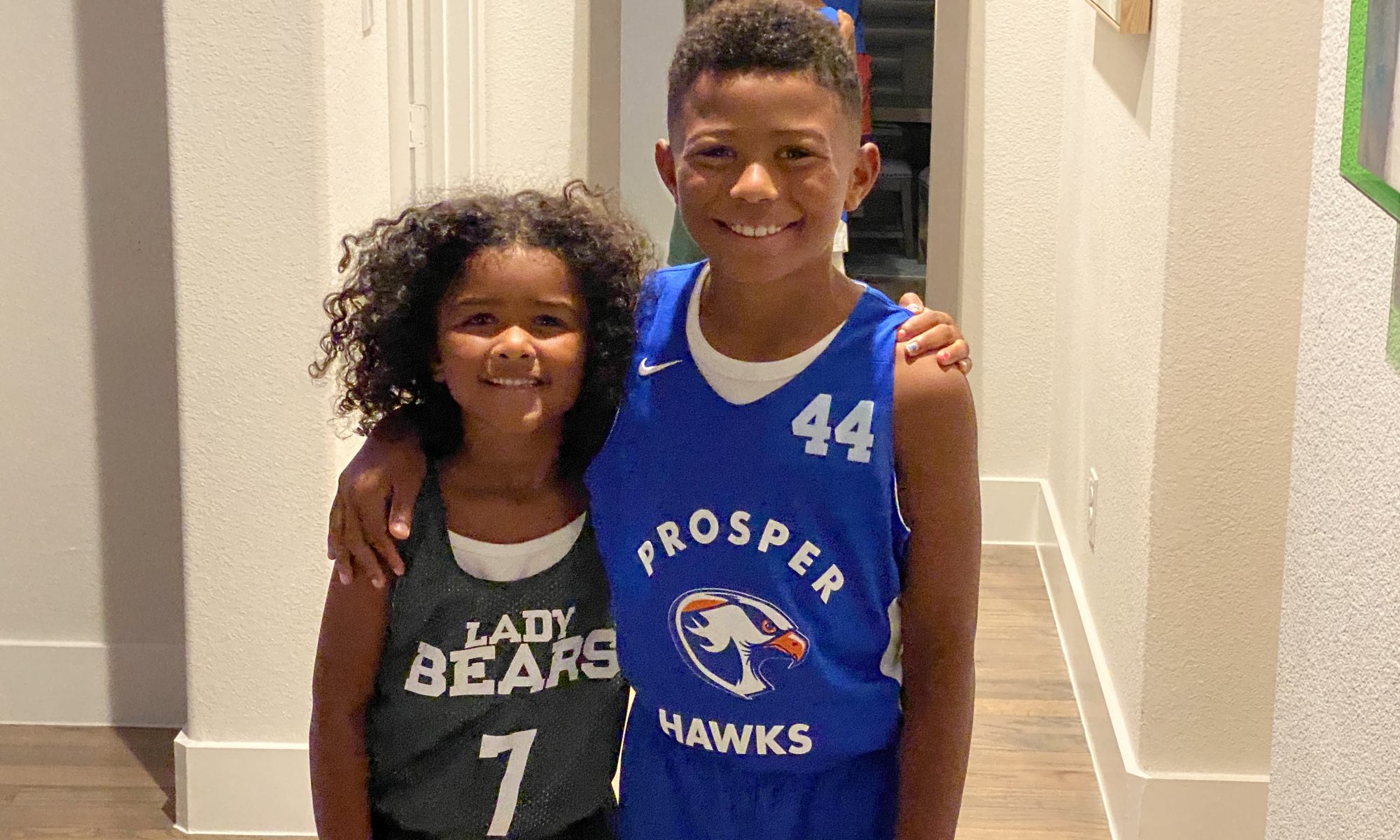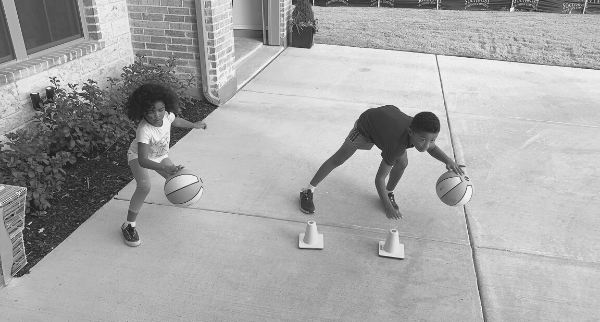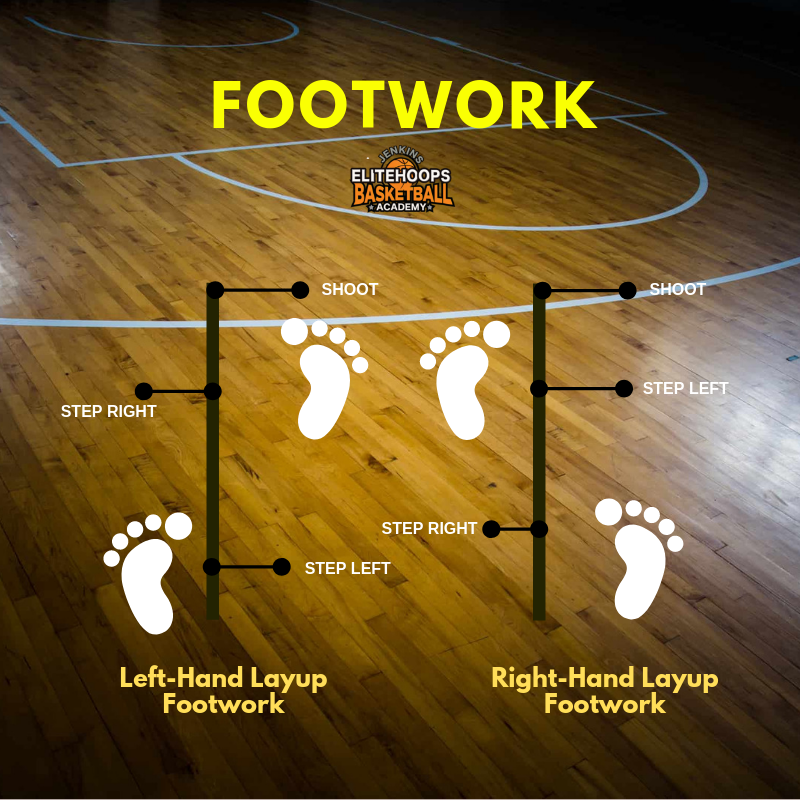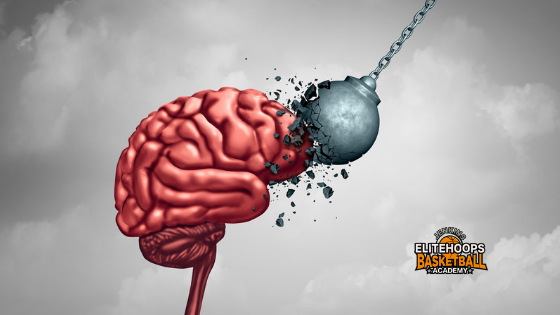Hello #EliteHoopsFamily!
Welcome to this week’s installment of Parent’s Corner. We understand that being the parent of a young athlete comes with its own set of challenges and rewards. Today, we’re delving into three crucial aspects of supporting your child—emotionally, nutritionally, and academically.
Emotional Support: The Foundation of Success
Your emotional support is paramount in helping your child reach their full potential. While coaches train them in skills and tactics, parents play a leading role in instilling confidence and resilience.
- Positive Reinforcement: Always focus on the effort rather than the outcome. Congratulate them on a well-played game, irrespective of whether they won or lost.
- Open Communication: Encourage your child to express how they feel about their performance, training, or anything else on their mind.
- Be Their Safe Space: It’s essential that your child knows they can turn to you for support, encouragement, or just a listening ear.
Nutritional Support: Fuel for Excellence
As we often say, “You can’t run a Ferrari on regular gas.” Nutrition plays an essential role in your child’s athletic development.
- Balanced Diet: Ensure your child is eating a mix of carbohydrates, proteins, and healthy fats.
- Hydration: Proper hydration can make a huge difference in your child’s performance and recovery.
- Snack Smart: Pre-game and post-game snacks like fruit, protein shakes, or granola bars can provide quick energy and aid in recovery.
Academic Support: Building a Well-Rounded Athlete
Basketball is just one facet of your child’s life. Maintaining academic performance is equally crucial for their overall development.
- Time Management: Teach your child the importance of managing their time efficiently to juggle both sports and studies.
- Encourage Consistency: Consistent, shorter study sessions are often more effective than last-minute cramming.
- Be a Resource: Help them with their homework, or better yet, guide them to resources that can aid their understanding of complex topics.
Wrapping Up
As parents, your role in our child’s athletic journey is invaluable. Your emotional, nutritional, and academic support creates a nurturing environment where your young athlete can truly flourish. Remember, it’s not about raising the next basketball superstar; it’s about raising a well-rounded, happy, and successful individual.
Till next week,
William Jenkins
Founder and Director of Player Development, Elite Hoops Academy™ and Prosper Elite™ Basketball
